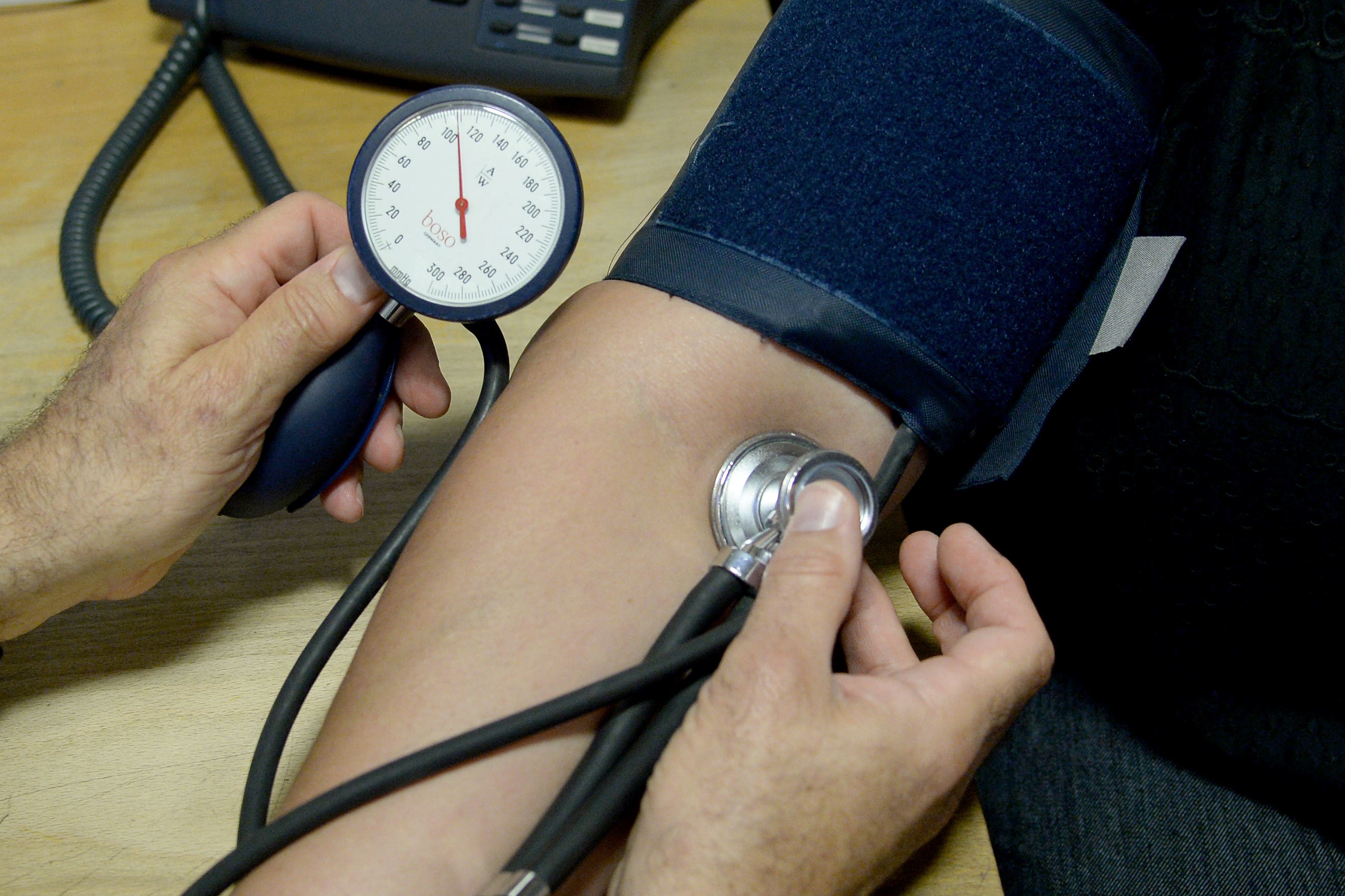Landmark study shows health benefits of seeing the same GP
Continuity of care meant people waited on average 18 per cent longer between visits

A landmark study has revealed the true benefits of seeing the same GP over time.
Researchers at the University of Cambridge and Insead business school found that there was a range of benefits when patients have a long-term relationship with their doctor.
It includes improving patient health and reducing the workload for family doctors.
Seeing the same doctor during GP visits – a model known as continuity of care – meant people waited on average 18 per cent longer between visits, compared with patients who saw different doctors.
People did not take up more GP time in each consultation and the findings were particularly strong for older patients, those with multiple chronic illnesses, and people with mental health conditions.
Researchers behind the study said that, although it will not always be possible for people to see their regular GP, the findings would translate to an estimated 5 per cent reduction in consultations if all practices in England were providing the level of continuity of care of the best 10 per cent of practices.
They added: “Importantly, if patients receiving care from their regular doctors have longer intervals between consultations without requiring longer consultations, then continuity of care can potentially allow physicians to expand their patient list without increasing their time commitment.”
For the study, published in the journal Management Science, experts analysed more than 10 million GP consultations in 381 practices in England over a period of 11 years.
The study noted that: “A physician can be considered more productive if they improve the quality of care provided without reducing the number of patients they serve per year or if they serve more patients without reducing quality of care.
“In primary care, where patients often have a preferred doctor, these two dimensions are related.
“If physicians provide high-quality care to their regular patients, they are likely to keep them healthier, which reduces the demand for consultations and increases their capacity to serve more patients.”
Co-author professor Stefan Scholtes, from Cambridge Judge Business School, said seeing the same doctor could have substantial benefits, equivalent to increasing the GP workforce by 5 per cent.
He said that “getting it right the first time” will reduce future workloads by “preventing revisits”, adding: “Better health translates into less demand for future consultations. Prioritising continuity of care is crucial in enhancing productivity.”
For the study, researchers used anonymised data from the Clinical Practice Research Datalink, consisting of more than 10 million GP visits between 1 January 2007 and 31 December 2017.
The study restricted itself to patients who had at least three consultations over the past two years.
Dr Harshita Kajaria-Montag, lead author of the new study, who is now based at the Kelley School of Business at Indiana University in the US, said: “The benefits of continuity of care are obvious from a relationship point of view.
“If you’re a patient with complex health needs, you don’t want to have to explain your whole health history at every appointment.
“If you have a regular doctor who’s familiar with your history, it’s a far more efficient use of time, for doctor and patient.”
Analysis of England’s GP patient survey data by the Nuffield Trust shows that when asked “How often do you see or speak to your preferred GP when you would like to?” there has been a decline in continuity of care over time.
Between 2018 and 2023, the proportion of patients who “always or almost always” saw or spoke to their preferred GP decreased from 26 per cent to 16 per cent while those who answered “never or almost never” increased from 10 per cent to 19 per cent.
Royal College of General Practitioners has been contacted for comment.
Join our commenting forum
Join thought-provoking conversations, follow other Independent readers and see their replies
Comments
Bookmark popover
Removed from bookmarks